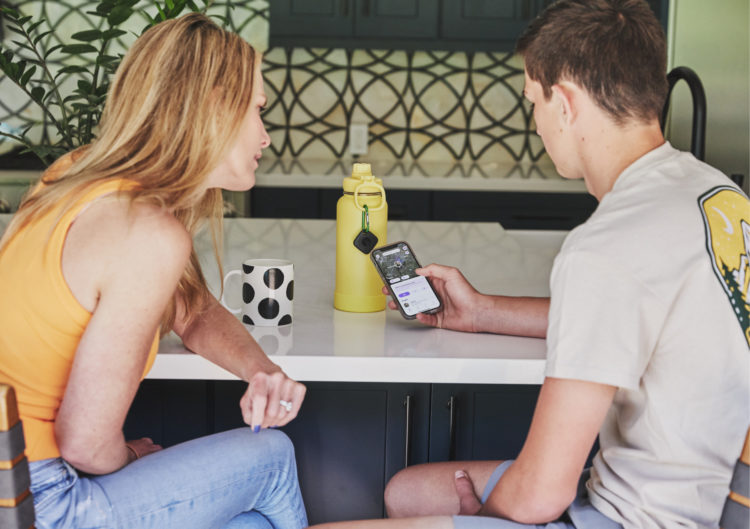New Rules for Internet Safety and Your Kids
 Lately my husband and I have a nightly ritual of looking up our daughter’s search history and laughing over it. The searches range from Disney cruises to second grade British boys. But kids and online safety are no joking matter.
Lately my husband and I have a nightly ritual of looking up our daughter’s search history and laughing over it. The searches range from Disney cruises to second grade British boys. But kids and online safety are no joking matter.
The two golden rules of keeping your kids safe online have always been:
- Set time limits on screen time
- Keep your kids in sight
Which are great rules and we still live by them but they don’t really take into account how much the internet has evolved. Now technology is an integral part of many kids’ days both at school and at home. My daughters do everything from math work to writing online and when they are done, they are allowed to use search engines. And they’re seven.
And at home, kids have the internet in their hands on tablets and phones. It’s almost impossible to fully monitor what your kids are doing online unless you restrict their access to technology completely.
Yeah right!
So here is a new rule: talk to your kids about what they see and do online. You can utilize measures like SafeSearch but also take time to explain that there is information both true and false online and that you or another trusted adult is always there for questions.
Like my husband and I do, look at your kids’ search history and the apps they use the most (you can see usage history on most cell phones.) Use it as a jumping off point for discussion rather than a way to monitor them. If your kids are older, this is a great guide for talking to them about being online.
Now that you’ve resolved to be all touchy feely about what your kids are doing online, don’t forget the nitty gritty. Just like you teach your kids not to cross the street without looking both ways, teach them the basics of being online:
- No personal information online and let an adult know if someone is asking
- What you put online stays there forever (yes, even on Snapchat)
- Never give out your password (except to your parents of course)
- Log out of apps and sites every time you are done
Once you’ve gotten your ducks in a row, sit down with your kids and sign a parent-child tech agreement. Remind them that access to this technology is a privilege and will be taken away if not used properly. And that goes for offline use as well; I am looking at you kid playing Angry Birds while riding your bike. Next time I see you, I am making a citizen’s arrest.


